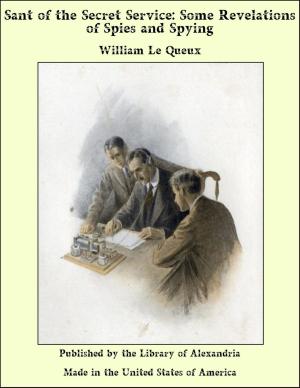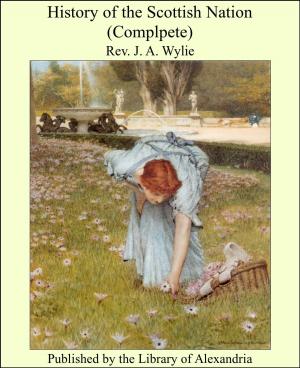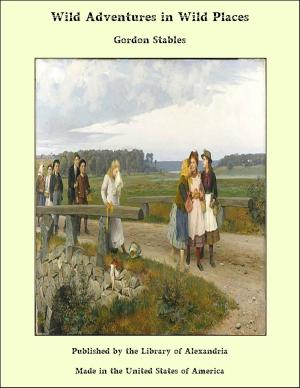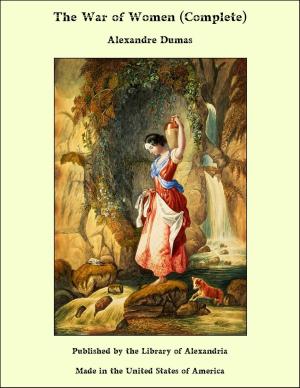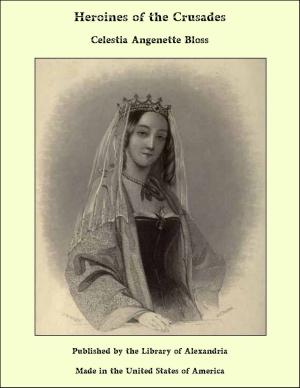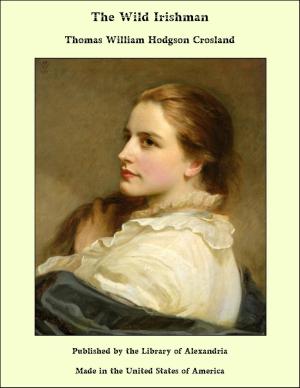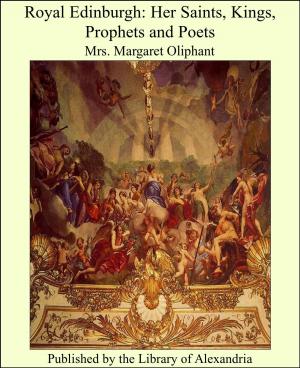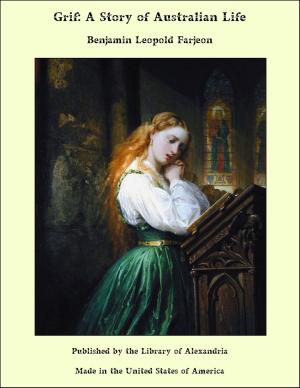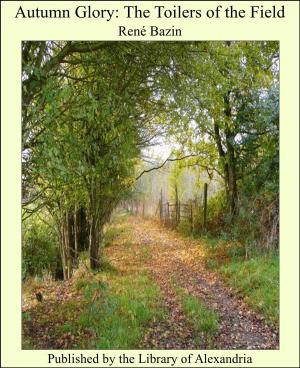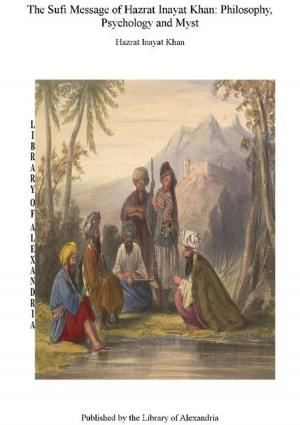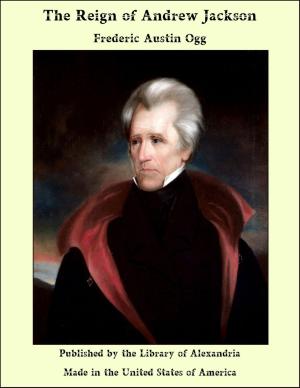To Herat and Cabul: A Story of The First Afghan War
Nonfiction, Religion & Spirituality, New Age, History, Fiction & Literature| Author: | George Alfred Henty | ISBN: | 9781465617491 |
| Publisher: | Library of Alexandria | Publication: | March 8, 2015 |
| Imprint: | Language: | English |
| Author: | George Alfred Henty |
| ISBN: | 9781465617491 |
| Publisher: | Library of Alexandria |
| Publication: | March 8, 2015 |
| Imprint: | |
| Language: | English |
On the 20th of September, 1837, a lad was standing before Mr. M'Neill, the British minister at the Persian court. Both looked grave, for the interview was an important one. The former felt that it was the turning-point of his life, the opening of a fresh career, the introduction to a service in which he might gain honourable distinction and credit. To the British minister it was of scarcely less importance, for the interests of Great Britain were gravely involved in the success of the mission that he was now entrusting to this young clerk in the employment of the embassy. It was nothing less than thwarting the designs of Persia, aided and instigated by Russia, to capture Herat and to conquer at least the western portion of Afghanistan, the alliance of the princes of Candahar having already been secured. Angus Campbell was now about sixteen years old. His father was a trader, who had for twelve years been settled in Tabriz, carrying on business on his own account in some branches of trade, and as agent for a Scotch firm in others. The boy had been left with some relations in Scotland until he was twelve years old, when his parents had paid a short visit to their friends in Scotland, and had brought him back with them. The change of life was not an agreeable one to him. In the eight years that had elapsed since he had last seen his parents, he had, of course, almost forgotten them, and it would be some time before any real affection for them would spring up. It was the companionship of his school-fellows that he missed rather than that of his aunt, a strict woman, who made no allowance whatever for a boy's restlessness and love of fun, and who was continually shocked by the complaints made by members of her chapel as to the conduct of the boys at Dr. Murray's. It was the principal school in the little town. The teaching was good, the application of the rod frequent, but neither teaching nor thrashing availed to soften the manners of the healthy and somewhat riotous lads, who once out of school threw themselves with all their hearts into their favourite diversions, among which the most conspicuous were fishing in forbidden parts of the river, bird-nesting in woods which were kept strictly private and guarded by keepers, playing hare-and-hounds across the fields of the crustiest of farmers, and above all engaging in desperate battles with the boys of other schools. In all these pastimes Angus Campbell took as large a share as his age entitled him to, and the state of his clothes and his face when he returned home was a source of continual amazement and irritation to his aunt.
On the 20th of September, 1837, a lad was standing before Mr. M'Neill, the British minister at the Persian court. Both looked grave, for the interview was an important one. The former felt that it was the turning-point of his life, the opening of a fresh career, the introduction to a service in which he might gain honourable distinction and credit. To the British minister it was of scarcely less importance, for the interests of Great Britain were gravely involved in the success of the mission that he was now entrusting to this young clerk in the employment of the embassy. It was nothing less than thwarting the designs of Persia, aided and instigated by Russia, to capture Herat and to conquer at least the western portion of Afghanistan, the alliance of the princes of Candahar having already been secured. Angus Campbell was now about sixteen years old. His father was a trader, who had for twelve years been settled in Tabriz, carrying on business on his own account in some branches of trade, and as agent for a Scotch firm in others. The boy had been left with some relations in Scotland until he was twelve years old, when his parents had paid a short visit to their friends in Scotland, and had brought him back with them. The change of life was not an agreeable one to him. In the eight years that had elapsed since he had last seen his parents, he had, of course, almost forgotten them, and it would be some time before any real affection for them would spring up. It was the companionship of his school-fellows that he missed rather than that of his aunt, a strict woman, who made no allowance whatever for a boy's restlessness and love of fun, and who was continually shocked by the complaints made by members of her chapel as to the conduct of the boys at Dr. Murray's. It was the principal school in the little town. The teaching was good, the application of the rod frequent, but neither teaching nor thrashing availed to soften the manners of the healthy and somewhat riotous lads, who once out of school threw themselves with all their hearts into their favourite diversions, among which the most conspicuous were fishing in forbidden parts of the river, bird-nesting in woods which were kept strictly private and guarded by keepers, playing hare-and-hounds across the fields of the crustiest of farmers, and above all engaging in desperate battles with the boys of other schools. In all these pastimes Angus Campbell took as large a share as his age entitled him to, and the state of his clothes and his face when he returned home was a source of continual amazement and irritation to his aunt.

